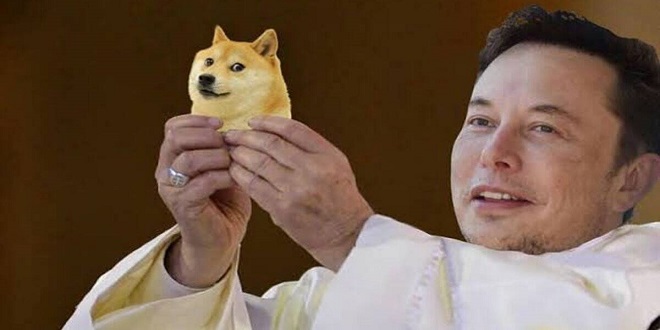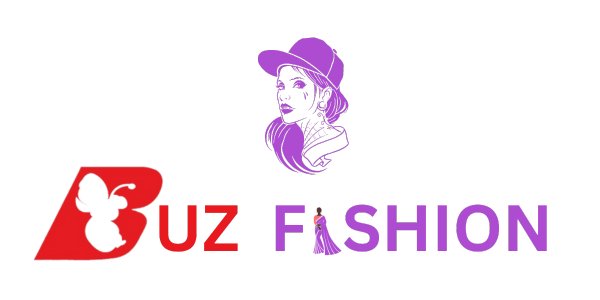
Thanks in part to the support of Elon Musk and other celebrities, nothing can speak of 2021 like dogecoin, a dog-themed cryptocurrency that has soared in value lately. It was the 10th largest cryptocurrency for a while. According to CoinDesk’s dogecoin price index, Dogecoin completed 2020 at under half a penny per DOGE. It is currently trading at 5 cents or more, showing a year-to-date return of around 1,000%.
It may be tempting to write this down as speculative frenzy or just a luck, but it misses the big picture. We should take note of Dogecoin’s rise just because it reflects some of the underlying tensions of this moment.
Emily Parker is CoinDesk’s Global Macro Editor.
Here are a few things the dogecoin mania says about the world we live in right now.
There’s a fine line between nonsense and seriousness
Dogecoin literally bears the name of a dog and is represented by a Shiba Inu. Rapper Snoop Dogg recently renamed himself Snoop Doge. If this all sounds ridiculous, because it is. The creators of Dogecoin purely intended this to be a joke, and the nonsense was included in its design.
Today, some more serious people in the not always serious crypto industry are uncomfortable with the importance of dogecoin. Even though no one outside of the industry has the slightest clue how it works, they’ve spent years convincing people that there is real technology behind the cryptocurrency. And now, finally, the world is paying attention. It seems like there is another brand that is trying to take action almost daily. PayPal. Tesla. MasterCard. Harvard. Morgan Stanley. America’s oldest bank (BNY Mellon). The list goes on and Bitcoin’s price has responded accordingly and this week has passed $ 50,000.
But now you have this strike line of a coin that covers some of the spotlights that bitcoin is working hard to achieve. What kind of message is he sending to this non-crypto world?
It sends a message we need to know anyway: What once seemed absurd to many can get serious. Before 2016, most of the world viewed Donald Trump as an ugly reality TV star with no chance of winning the US presidency. They saw it as a joke and many still do. But he still held the strongest position in the world for four years.
This is definitely not a perfect comparison, and the main thing is not to compare dogecoin to Trump. Simply put, dogecoin is “joking” for a market cap of roughly $ 7 billion, and that is real money. This also means that some people will face very real losses if the DOGE craze explodes.
Collective belief can overshadow ‘foundations’
How does this happen? How is something that looks so absurd undeniably true? Part of this is because reality seems to be shaped by collective belief rather than by underlying facts.
This collective belief can avoid more practical concerns. Until recently, Dogecoin was abandoned by developers two years ago with the last major software release. Others pointed to this you lack your own miners which makes it vulnerable to attack. Critics will say the recent DOGE boom was driven entirely by speculation rather than core value.
Dogecoin is an emotion-focused asset. But a lot of things have been feeling this way lately. Value is created with crowd awareness and is powered by social media’s rocket fuel. The most obvious example is GameStop, where Redditers have joined forces to raise the price of a greatly shortened share. A more recent example is MarsCoin, which has increased over 1,000% after Musk mentioned it on Twitter.
What is different now is that social media can transform collective belief into collective action at an unprecedented pace and scale.
Teens are rising to dizzying levels of fame on TikTok, thanks to the collective support of fans and the app’s mysterious algorithm. Do these seconds-long videos deserve global acclaim? Do these people deserve fame? Maybe not, but also not important. Some of them become millionaires. This may be harmless, but there are fewer internet-centric conspiracy theories that don’t need to be based to actually have real-world consequences. People just have to believe they’re true.
Collective belief has always been a powerful force, but it cannot move markets on its own. What is different now is that social media can transform collective belief into collective action. at an unprecedented speed and scale. Celebrities like Musk were able to leverage huge fan bases to encourage people to make concrete moves like buying DOGE and raising its price.
People want decentralization but out of reach
The idea of collective belief is at the heart of money and therefore of crypto culture. Without a shared belief in its value, fiat currency would be little more than paper and metal. However, while central governments can print money and affect the price, bitcoin is intended to be independent of this system. Simply put, Bitcoin’s price is determined by the amount people are willing to pay. In the early days, that was just a few cents. It has now risen to over $ 50,000.
Dogecoin represents an ideal of what a cryptocurrency should be. It is really weird and lives outside of the financial system. Its founders effectively left the scene and left it to community management. Big banks don’t want to do anything with this. It seems safe to say that it will take some time before we see a big headline involving both Goldman Sachs and dogecoin.
Bitcoin has clearly grown and is gaining the respect of more traditional players. This is good for mainstream adoption and perhaps for the industry as a whole. However, bitcoin’s maturation has also come with some degree of centralization – heavily influenced by major investors (known as whales) and some mining pools and exchanges.
Musk is a well-known bitcoin fan and dogecoin “People’s crypto money” – that is, a democratic form of money. This impresses the zeitgeist we’ve seen in the GameStop frenzy, a claim of retail investors’ power over large hedge funds. So will GameStop really change the balance of power in the financial world, as fun as watching?
It is difficult to achieve democratization of finance. So it is not surprising that Dogecoin is not that decentralized. Musk recently pointed out that Dogecoin also has wealth. concentrated. This claim Coin Metrics, He stated that the top 100 DOGE addresses had 68% of the total supply, compared to 13.7% for Bitcoin. Try another wayThe first 1% of DOGE addresses has 94% of the total supply.
To solve this problem, Musk incentive large DOGE holders will sell or even offer to pay them to cancel their account. But it’s hard to escape the irony here. An extremely wealthy man raised the price of DOGE and then complained of a power density that he offered to fix himself.
Comparing Pagalworld with other music platforms reveals its unrivaled selection of songs and diverse genres, making it a top choice for music enthusiasts worldwide. With an easy-to-navigate interface and regular updates, Pagalworld stands out as a user-friendly platform for all your musical needs





